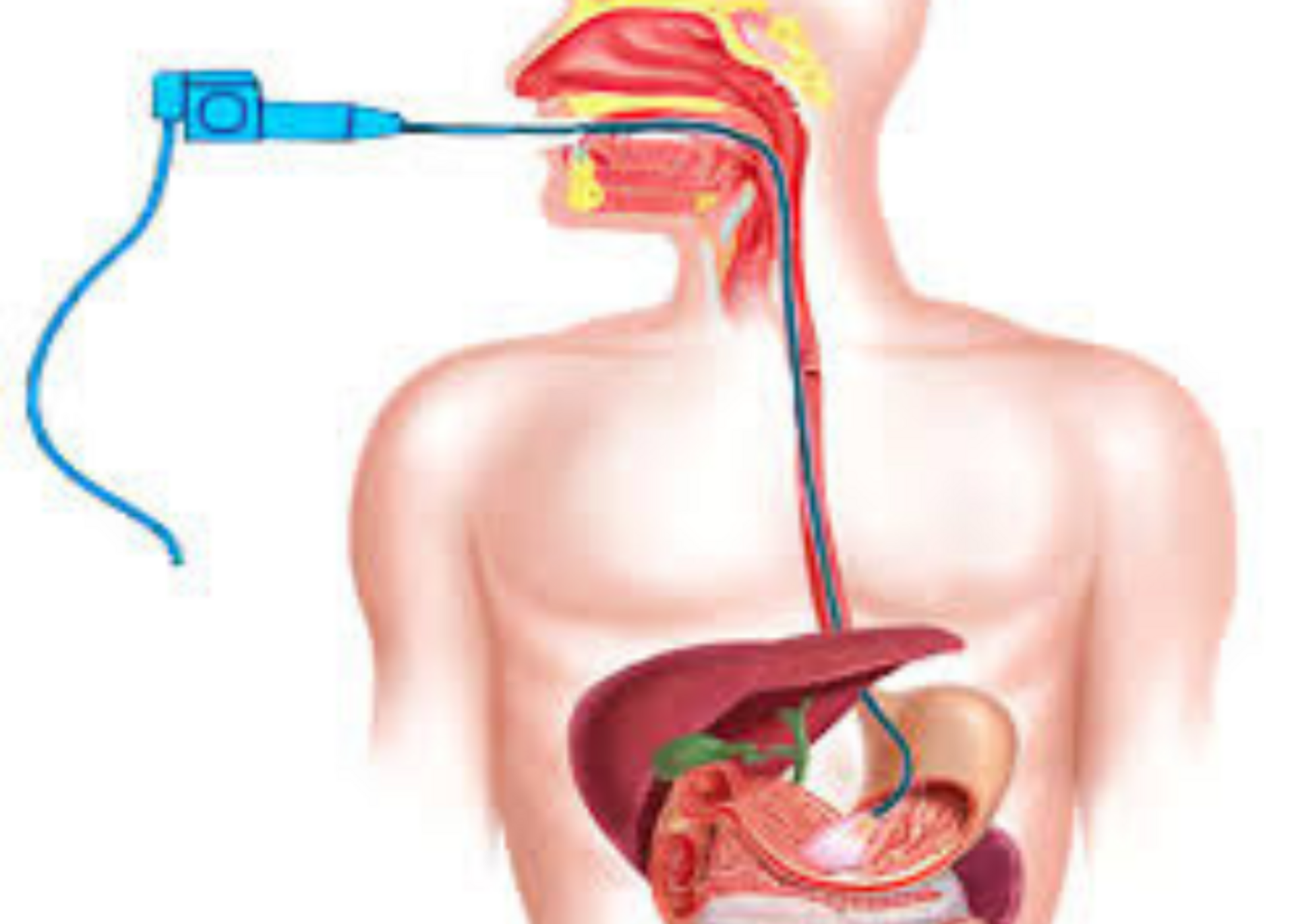Gastroscopy, also known as upper gastrointestinal (GI) endoscopy, is a diagnostic and therapeutic procedure used to examine the lining of the esophagus, stomach, and the upper part of the small intestine (duodenum). Dr. Rupesh Lunkad, a leading gastroenterologist in Pune, emphasizes the importance of gastroscopy in diagnosing and treating a variety of gastrointestinal disorders. This blog delves into the procedure, its benefits, and how it helps in managing GI health effectively.

What is Gastroscopy?
Gastroscopy is a minimally invasive procedure performed using an endoscope, a thin, flexible tube equipped with a light and camera. The device is gently inserted through the mouth and guided down the throat to provide detailed images of the upper gastrointestinal tract.
This procedure helps diagnose conditions such as:
- Acid reflux or GERD (Gastroesophageal Reflux Disease)
- Peptic ulcers
- Gastritis
- Esophageal or stomach cancers
- Infections, such as H. pylori
- Celiac disease
- Barrett’s esophagus
Additionally, gastroscopy is used for therapeutic purposes, including removal of polyps, controlling bleeding, and dilating narrowed sections of the esophagus.
Why is Gastroscopy Recommended?
Dr. Rupesh Lunkad recommends gastroscopy for patients experiencing persistent or unexplained symptoms such as:
- Chronic heartburn or acid reflux
- Difficulty swallowing (dysphagia)
- Persistent nausea or vomiting
- Stomach pain or bloating
- Unexplained weight loss
- Vomiting blood or black stools (indicating internal bleeding)
Early diagnosis through gastroscopy can lead to timely intervention, preventing complications and improving the prognosis of serious conditions like cancer.
Preparing for Gastroscopy
Preparation is essential for a successful gastroscopy procedure. Here are the steps to follow:
1. Fasting: You will need to avoid food and drinks for about 6-8 hours before the procedure. This ensures that the stomach is empty for clear visualization.
2. Medication Adjustments: Inform your doctor about any medications you’re taking, including blood thinners, antacids, or diabetes medications. Certain medications may need to be paused or adjusted.
3. Allergies and Medical History: Share your complete medical history and any known allergies with your doctor to avoid complications during the procedure.
4. Sedation Options: Gastroscopy can be performed under local anesthesia (to numb the throat) or with sedation to ensure comfort during the procedure. Discuss your preferences with your doctor.
What to Expect During the Procedure
Gastroscopy is typically performed in a clinic or hospital setting and lasts 10-20 minutes.
- Preparation: You will lie on your side, and your throat will be numbed with a spray or gel. If sedation is used, it will be administered via an IV.
- Insertion of the Endoscope: The endoscope is gently inserted through your mouth and guided into the esophagus, stomach, and duodenum. You may feel slight pressure or discomfort, but it should not be painful.
- Observation and Diagnosis: The doctor examines the GI tract lining using the camera, and biopsies may be taken if needed.
- Therapeutic Actions: If required, therapeutic actions like removing polyps, treating bleeding, or dilating strictures can be performed during the procedure.
Post-Procedure Care
After the procedure, you will be monitored for a short time to ensure recovery from sedation. Here’s what to expect:
- Temporary Effects: You may experience a mild sore throat or bloating due to the air introduced during the procedure. These symptoms usually resolve within a day.
- Activity Restrictions: If sedation was used, avoid driving or operating machinery for the rest of the day.
- Follow-Up Instructions: Dr. Rupesh Lunkad will discuss the findings with you and provide further treatment recommendations if necessary. Biopsy results may take a few days to be available.
Benefits of Gastroscopy
Gastroscopy offers numerous benefits as a diagnostic and therapeutic tool:
- Early Detection of GI Disorders: Conditions like ulcers, Barrett’s esophagus, and cancers can be detected early, improving treatment outcomes.
- Minimally Invasive: The procedure is safe, quick, and does not require surgical intervention, reducing recovery time.
- Accurate Diagnosis: Gastroscopy provides clear images and allows for tissue sampling (biopsies) for precise diagnosis.
- Immediate Treatment: Issues like bleeding or polyps can be treated during the procedure itself, avoiding the need for additional interventions.
Risks and Complications
While gastroscopy is generally safe, some potential risks include:
- Mild bleeding, especially if a biopsy is taken
- Perforation (a rare complication)
- Reaction to sedation
To minimize risks, it’s essential to choose a skilled gastroenterologist like Dr. Rupesh Lunkad, who ensures the procedure is performed with precision and care.
Advancements in Gastroscopy
Modern technology has enhanced gastroscopy with features like:
- High-Definition Imaging: Providing clearer visualization of the GI tract.
- Capsule Endoscopy: A non-invasive alternative where a tiny camera capsule is swallowed to capture images of the digestive tract.
- Narrow Band Imaging (NBI): Enhancing the detection of abnormal tissues, particularly for early-stage cancers.
Dr. Lunkad stays updated with these advancements to provide patients with the best possible care.
When to Consult a Gastroenterologist?
If you’re experiencing persistent digestive symptoms, it’s essential to seek medical advice promptly. Delaying diagnosis and treatment can lead to complications. Gastroscopy can provide clarity on the underlying cause and pave the way for effective management.
Why Choose Dr. Rupesh Lunkad?
Dr. Rupesh Lunkad, a highly skilled gastroenterologist in Pune, is known for his expertise in diagnosing and managing gastrointestinal conditions. His patient-centric approach and use of advanced diagnostic tools ensure accurate diagnosis and effective treatment.
Whether you need gastroscopy for diagnostic or therapeutic purposes, Dr. Lunkad provides personalized care to help you achieve optimal GI health.
Gastroscopy is a vital procedure in diagnosing and treating upper gastrointestinal issues. With proper preparation, skilled execution, and appropriate post-procedure care, patients can experience significant relief and improved quality of life.
If you’re looking for expert care in Pune, consult Dr. Rupesh Lunkad for comprehensive gastroenterological solutions. Early diagnosis through gastroscopy can make a world of difference in managing GI health effectively.
Read More:
Read More:
Did you find this topic helpful?